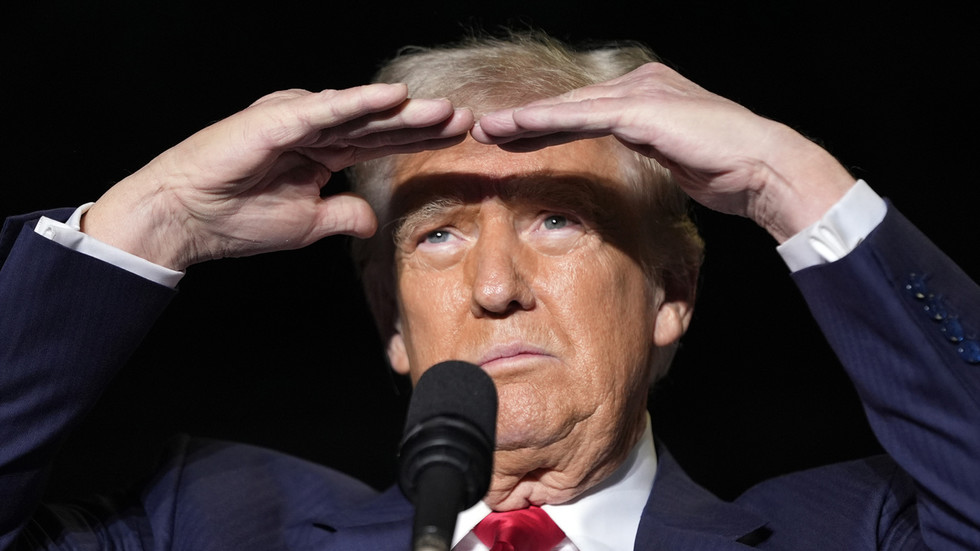In a controversial turn of events, the Trump campaign has filed a complaint with the Federal Election Commission (FEC), alleging that the UK’s Labour Party is interfering in the upcoming US presidential election. The complaint claims that Labour Party officials have been providing advice to Democratic candidates and strategists in critical battleground states, which is seen by the Trump campaign as illegal foreign interference. They argue this constitutes a violation of US campaign finance laws that prohibit foreign nationals from contributing to or influencing American elections. The complaint references specific instances where Labour Party representatives, including political strategists, have allegedly advised Vice President Kamala Harris on campaign strategies aimed at re-engaging voters.
The Labour Party has strongly denied the allegations, asserting that their interactions with the Democrats are legal and permissible since they involve no financial contributions. According to Labour officials, the provision of advice and sharing of campaign strategies do not equate to financial or material support. They contend that such political crossovers allow activists to engage in democratic processes without violating any laws, as emphasized by British Employment Minister Alison McGovern. She noted that it is common for party activists to support each other across the Atlantic in election campaigns, highlighting the long-standing tradition of political collaboration between the two parties.
Key evidence cited by the Trump campaign includes reports from major media outlets, specifically a Washington Post article detailing how Labour-affiliated strategists have been consulting with Kamala Harris’ team regarding campaign tactics that cater to center-left voters. Furthermore, it has been reported that prominent Labour Party officials, including Morgan McSweeney, chief of staff to British Prime Minister Keir Starmer, participated in Democratic events, including their convention in Chicago. This kind of international engagement has raised eyebrows among Trump supporters, particularly as the Labour Party aids the Democrats in refining their messaging and strategy for winning crucial states.
One notable instance of potential impropriety involves a LinkedIn post by Sofia Patel, Labour’s head of operations, who mentioned nearly 100 Labour staffers travelling to the US to assist with Democratic campaigns in pivotal states like North Carolina, Nevada, Pennsylvania, and Virginia. The post was controversial enough to attract significant attention online, resulting in its deletion. Critics interpreted this move as a potential breach of campaign laws, with figures such as Elon Musk amplifying these concerns. Despite the backlash, Democrats maintain that their actions are in alignment with legal campaign practices and do not amount to financial misconduct.
Democrats have historically accused foreign entities, particularly Russia, of meddling in US elections, a narrative that gained traction following Trump’s unexpected 2016 victory over Hillary Clinton. Allegations of Russian collusion had prompted investigations and influenced US political dynamics in profound ways, ultimately leading to significant tensions in US-Russia relations. The current accusations against the Labour Party echo past claims of foreign interference but are positioned from the perspective of the Trump campaign, which has consistently criticized the mainstream discourse surrounding election integrity and foreign influence.
In summary, the allegations of Labour Party interference in the US presidential election have ignited a contentious debate about the legality and ethics of international political support and advice. The Trump campaign’s formal complaint highlights ongoing concerns regarding the sanctity of the electoral process, particularly regarding foreign influence. As both parties navigate this complex political landscape, the potential repercussions of such interactions remain to be seen, creating a charged atmosphere as the election cycle progresses. The unfolding situation will likely continue to be scrutinized as it poses significant implications for electoral law and the dynamics of transatlantic political relations.

